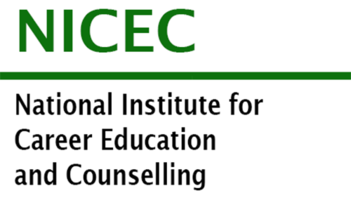It seems that kids have been known to watch East-Enders rather than do their homework. Turning up at school tomorrow without your homework is bad enough, but turning up without being able to talk with your friends about what happened at The Vic last night - too much!Some writers in literary theory are beginning to suggest that we all need the sort of gossip that occurs in and around Albert Square. Our kids might be right - living without gossip is living dangerously. The argument goes like this: gossip is about 'what's going on', 'who did what to whom', 'what she did about it', 'what went wrong', 'how they are going to get themselves out the mess' - and, of course, 'what I would do now, if I were her'.
Stories have deep links to the way we think. They help us to work out the way things are, how one thing leads to another, are and what can be done about them. So - as species - we are better at stories than we are at concepts. The kids might have a point.
Richard Rorty might agree. He argues that we do not learn to know the truth; we learn to know what to do and to be accepted into the group. In arguing this he radically extends an important stream of pragmatic thinking in philosophy. It has already proved influential in education: John Dewey crops up more than once in most teachers’ training.
Richard is post-modern in the sense that he is not much concerned with with 'objective' truth. If he is right he present a bit of a problem to supporters of the National Curriculum. Richard is concerned with the usefulness of what is learned.
No need to get excited about this. 'What is true' and 'what is useful' may not be interchangeable concepts but - on closer examination - they are not so very different either. However, the shift of emphasis - however slight - has radical implications for anybody - like us - who is concerned with learning.
Richard has trawled evolutionary thinking, which shows how learning is a survival tool. You see that what that might mean: education could be thought of a life skill. Could Shakespeare could be thought of as clue to who we are and what we might do? Students might discover that the classroom can help them live their lives. Now, that really would come as a surprise.
It would also put careers work and education for citizenship to at the heart of curriculum. Indeed, it could give us a bolder, deeper, truer and more useful concept for the organisation of curriculum: 'life-role relevant learning', or - to put it another way - 'learning for living'.
In a 'A good read' for serious thinkers the Café will review
Richard Rorty: Philosophy and Social Hope. London: Penguin, 1999.



